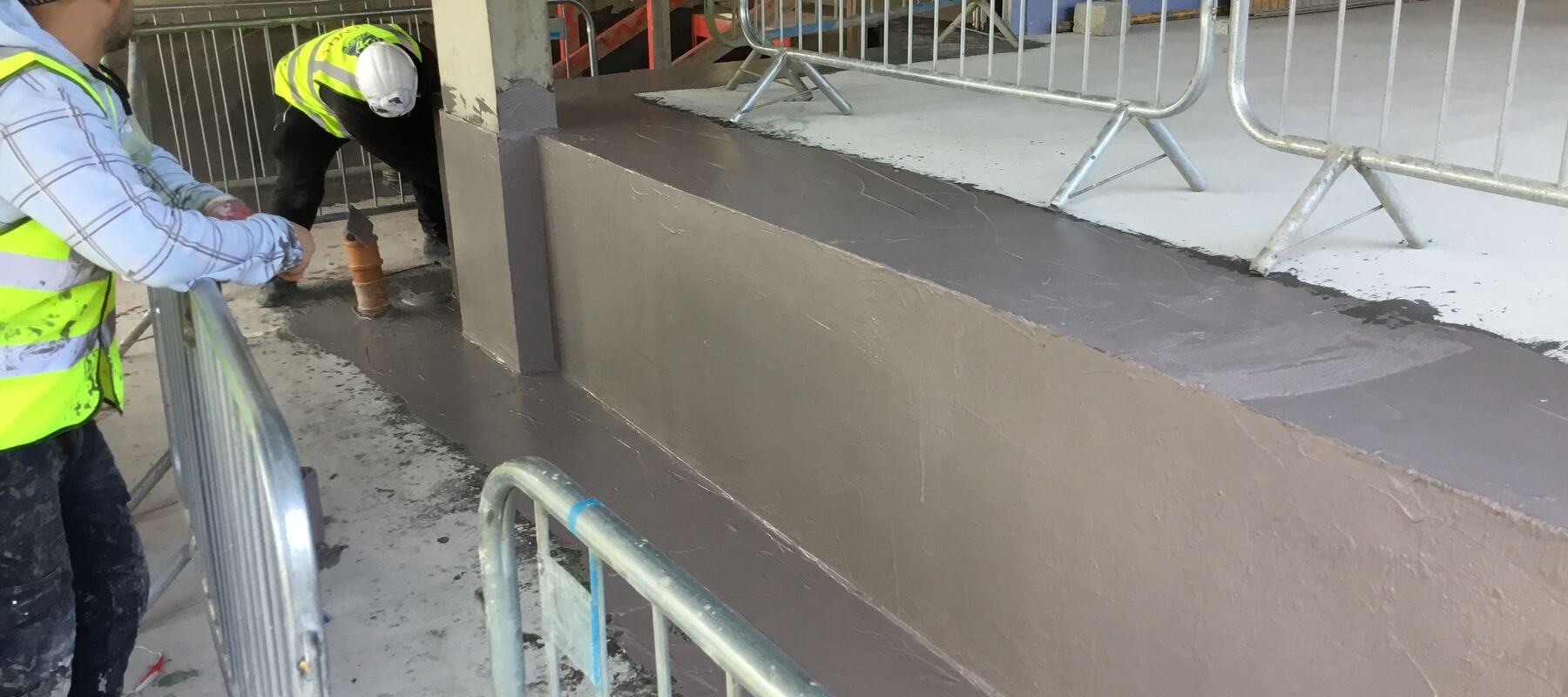Waterproofing is an essential aspect of home maintenance that often gets overlooked until it's already too late. As a homeowner, understanding the importance of waterproofing can save you from costly repairs and extensive damage down the line. From securing your basement to maintaining the strength of your roof, efficient waterproofing techniques can protect your property against the destructive forces of water.
In this write-up, we will explore various waterproofing techniques that every homeowner should consider. We will discuss why waterproofing is crucial, how it can save you a significant amount in repairs, and debunk common misconceptions surrounding the practice. Whether you're handling moisture issues in your basement, gardens, or even outdoor structures like decks and swimming pools, there are solutions available to create a moisture-free and safe living environment. Get prepared to learn about the top methods, products, and expert advice that will assist you keep your home safe from water damage.
Essential Moisture-Proofing Methods
One of the most efficient waterproofing techniques for residents is basement waterproofing. This process includes deploying sealants and barriers to the foundation walls to prevent water intrusion. By handling moisture issues at the foundation level, homeowners can prevent significant water damage and maintain the structural integrity of their homes. It is important to inspect the foundation regularly for fractures and other signs of potential leaks, ensuring that proactive measures are implemented in a timely manner.
Another important method is basement waterproofing, which includes both interior and exterior solutions. Interior waterproofing typically involves installing sump pumps, drainage systems, and vapor barriers to handle water that trickles into the basement. On the other hand, exterior waterproofing, focuses on diverting water away from the foundation through proper slope adjustments, gutters, and downspouts. Understanding the variation between these approaches allows homeowners to choose the right strategy to safeguard their homes.
Roof waterproofing is likewise essential, as it shields one of the most exposed areas of a house from leaks and water damage. Techniques include deploying waterproof membranes or coatings, ensuring that seams are tightened, and regularly maintaining drainage systems to prevent ponding water. By investing in proper roof waterproofing measures, homeowners can extend the lifespan of their roofing materials and steer clear of costly repairs caused by water infiltration.
Cost and Benefits of Waterproofing
Sealing against water can initially appear like a significant cost for homeowners, but understanding its extended benefits is essential. The cost of properly waterproofing your home may differ depending on the area being treated, the materials used, and whether you choose to go the self-installation route or hire professionals. While upfront costs can span from a few hundred to thousands dollars, many homeowners understand that this cost can stop more substantial costs related to water damage and mold remediation later on.
In addition to the financial benefits associated with preventing major repairs, waterproofing improves the overall value of your home. A effectively waterproofed property is not as likely to suffer from structural damage, which means better assurance for homeowners and enhanced marketability when it comes time to sell. Additionally, waterproofing can improve energy efficiency in your home, as it reduces moisture intrusion, helping to maintain comfortable indoor temperatures and reduce energy costs over time.
Lastly, proper waterproofing plays a role to better living conditions. By hindering Aluneed basement waterproofing and mold growth, homeowners reduce health risks linked to poor air quality and respiratory issues. Investing in waterproofing not only protects your property and saves you money but also promotes a safe and comfortable environment for you and your family.
Selecting the Proper Moisture Barrier Solutions
When it comes to waterproofing your home, deciding on the right solutions is essential for guaranteeing long-term defense against water damage. First, evaluating the specific areas that require attention, including basements, roofs, or outdoor structures. Each area may require varied techniques and materials, so it's vital to understand the unique needs of each space. Consider factors such as your local climate, soil type, and the existing condition of your property to make informed decisions.
Look into various waterproofing products and methods on the market. There are both DIY and professional options, with each having its own advantages and limitations. For example, while DIY products can save money, they may not provide the same level of protection as professional systems, particularly for complex structures like foundations or commercial buildings. Make sure to compare options, read reviews, and consult professionals when necessary to ensure you are choosing the best solutions for your needs.
Finally, don't forget the importance of working with a reputable waterproofing contractor if you decide to go the professional route. A skilled expert will not only help you select the appropriate products but will also confirm proper installation, which is key for success. Request quotes, check references, and ensure the contractor has experience in the specific type of waterproofing you need. By making thoughtful choices and putting resources into quality solutions, you can protect your property and save substantially on upcoming repairs.

